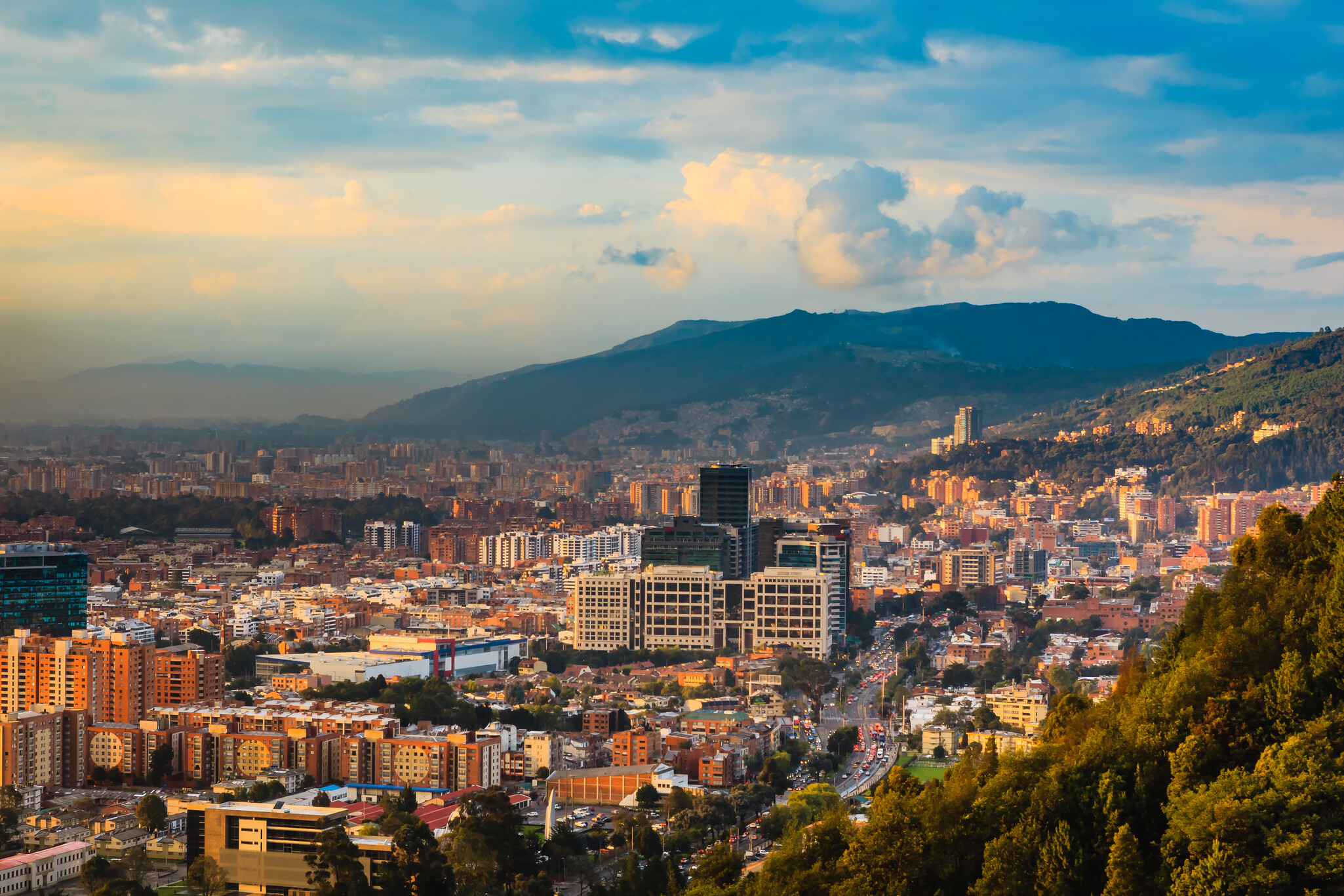By Aurora Herrera
Norma Sarabia is the seventh journalist to be killed in Mexico this year. Ranked 144thon the world press freedom index, Mexico is one of the world’s deadliest countries for journalists. In an environment that breeds fear and self-censorship, the people of Mexico are the most affected as their access to unbiased information is severely curtailed. So what hope is there for effective public media in the country?
Transparency and access to information is a grave problem in Mexican media. The model of public broadcasting rests on a diffusion of decision-making bodies. According to research by Dr. Ernesto Villanueva, a Mexican researcher in the field of freedom of information and rights in the digital era, Mexico’s move towards public broadcasting must be coupled with legal reforms to avoid regression in the future.
He commented on the connection between information poverty and democracy, saying that when there is greater openness and independence, “those who lose are those who have made a business of limitations, of the intellectual poverty of Mexicans.”
In an interview with 20 Minutos, Dr. Villaneva explains that all but one of the entities that refer to themselves as public media or are in the process of becoming public media, are all connected to the federal government.
“those who lose are those who have made a business of limitations, of the intellectual poverty of Mexicans.”
He identifies the decentralised state of Channel 11, which falls under the National Polytechnic Institute (IPN). “As the IPN is a decentralised body of the Ministry of Public Education (SEP) there is a big link with the dependency.”
According to the Reporters Without Borders (RSF) country report on Mexico, “Ownership of the broadcast media is meanwhile extremely concentrated, with just two media groups owning almost all the TV channels. The community broadcast media are often persecuted for using frequencies for which they have been unable to obtain licences.”
Offering further insight into the media industry Dr. Villanueva identified that the Mexican Institute of Radio (Imer) is divided within the Ministry of the Interior, Channel 22 to the Ministry of Culture, and Radio Education to the SEP. However, with the exception of Notimex, “in general, none of them have their own law, an organic law,” he insisted.
Notimex was established in 1968 in Mexico City as the official Mexican news agency. With eight regional offices throughout Mexico, Notimex’s mandate, according their reformed charter is to “contribute to the realisation of people’s right to information.” The charter was reformed in 2006 when Notimex moved for independence from the Secretary of the Interior and a state governing board.
Dr. Villanueva emphasises the Notimex model, saying that the organisation is “much more advanced from the perspectives of the best international practices and in accordance with the law. In addition, its Governing Board is integrated in a different manner.” Members include representatives from the Federal Government, the Legislative Branch as well as the National Electoral Institute (INE).
“[Notimex has] a different character in relation to the other media that we say are public media, but in reality, they are, strictly speaking, government media, although they are increasingly behaving as public media.”
A mixed landscape
The existence of any genuine public media movement is of great service to the voting public, while mandating greater transparency by commercial and political interests helps to ensure more accountability. Notimex definitely seems to be leading that change in Mexico.
However, even though it seems that public media has entered into a process of change by producing more quality content and generating more critical awareness, journalists in Mexico face grave dangers on a daily basis.
According to RSF, the presidential terms of Felipe Calderón (2006-2012) and Enrique Peña Nieto (2012-2018) saw a record number of murders and disappearances of journalists (a total of 112 cases), as well as systematic impunity for these crimes that RSF has referred to the International Criminal Court.
Andrés Manuel López Obrador, who was sworn in as president in December 2018 pledged to make the fight against corruption his number one priority. Since his inauguration, the spiral of violence has continued and in within six months, seven journalists have been murdered.
Journalists continue to work under dire circumstances in Mexico to serve the public.
PMA supports further progression in the development of an effective public broadcaster that has complete independence from the government and the highest levels of transparency.
Header Image: Mexico City, where Notimex and Canal Once (Canal 11) have their headquarters. Credit: Kasper Christensen/Creative Commons
